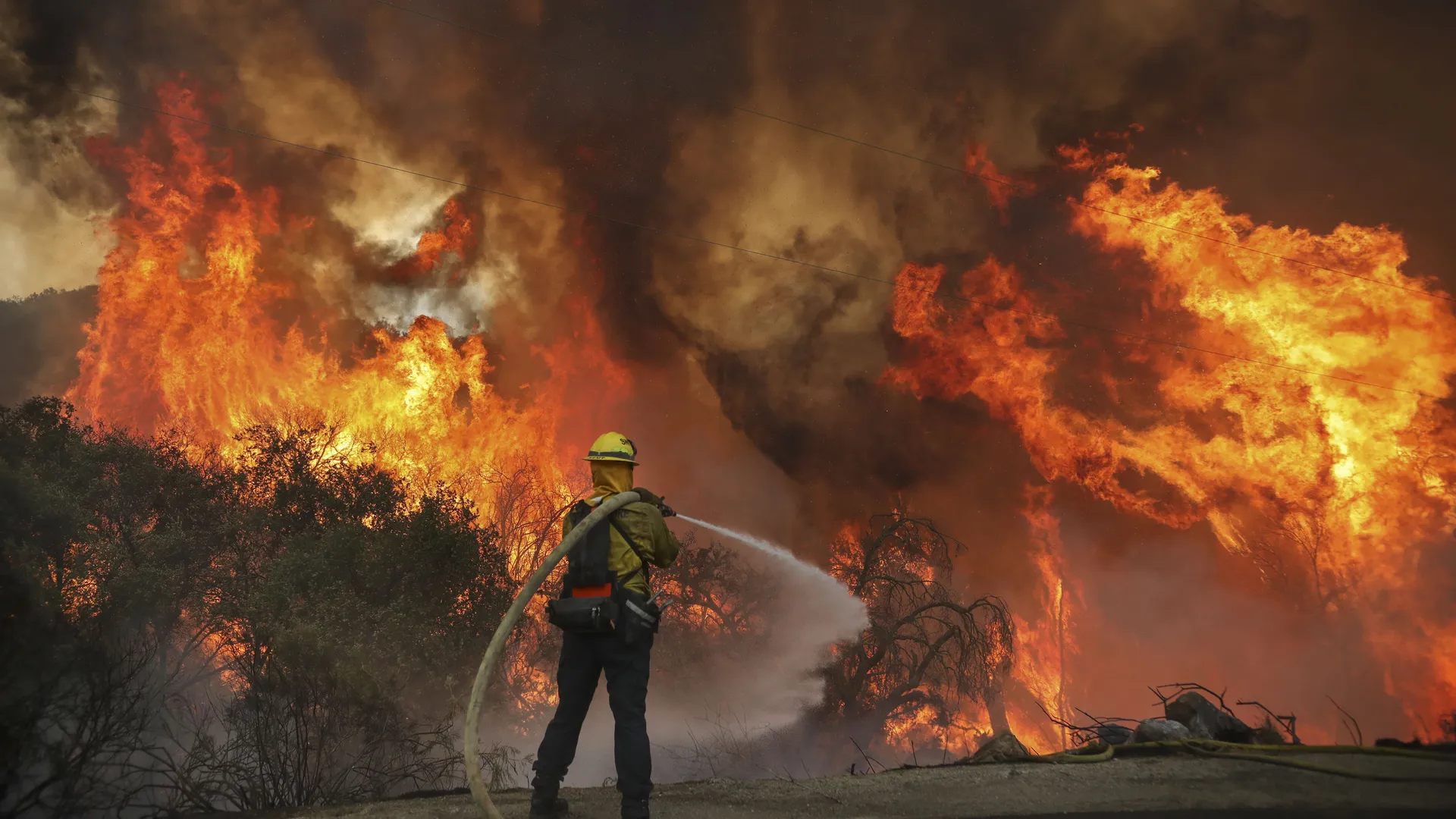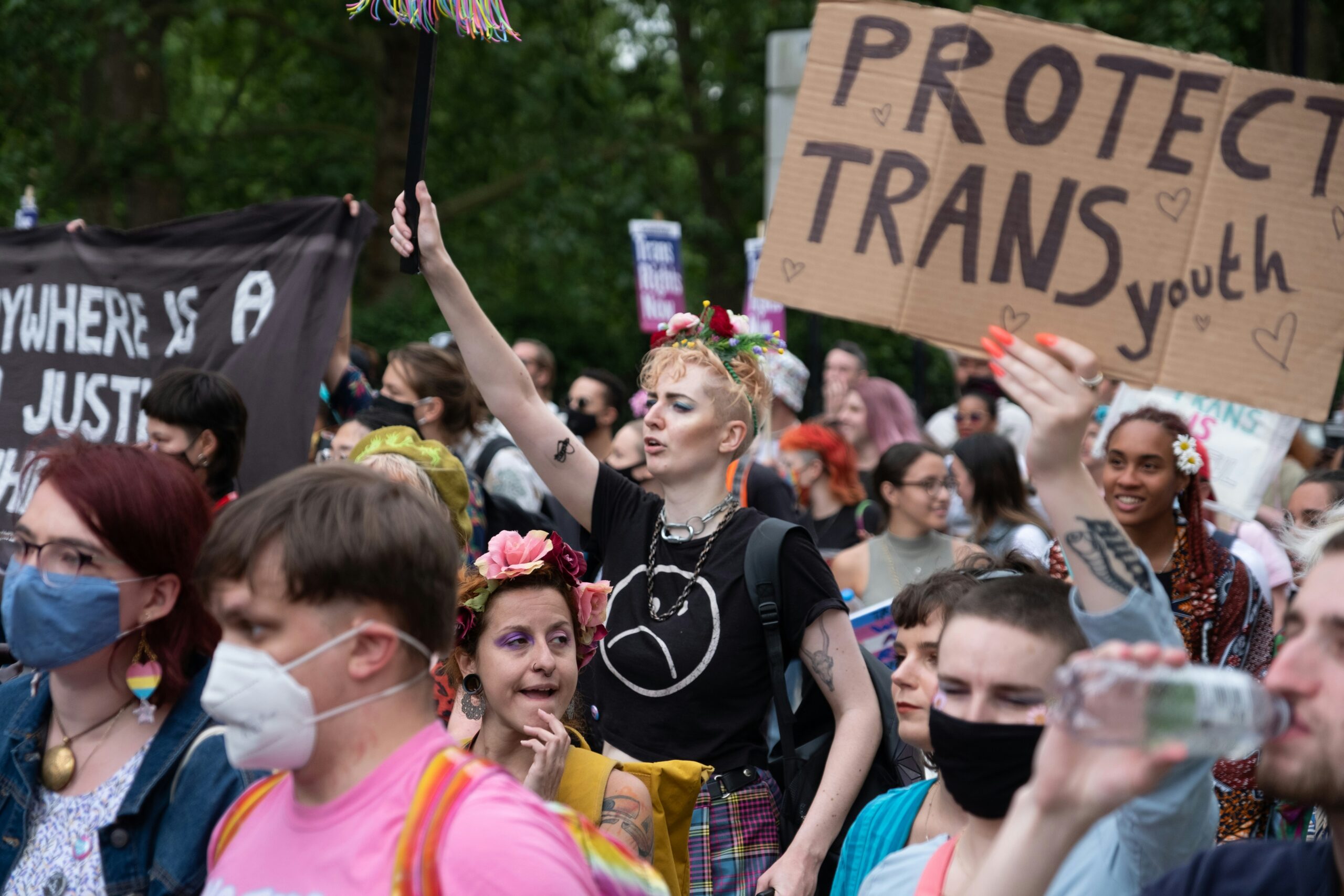
My father stood in the doorway, looking more defeated than I had ever seen him. One side of his body was caked with dirt. One arm cradled the other in a makeshift sling. An hour later, my worried mother whisked him to the hospital, while my sister and I sat at home, fretting.
The tumble that broke my father’s arm as he fixed a car at work shattered our family. He was unable to return to work. One income, lost. Suddenly, I was responsible for our applications for food stamps and retirement benefits in order to ensure our bills would be paid. Approved for both. It was the responsibility of the 16-year-old eldest child, already so familiar with filling out paperwork, because his parents didn’t understand how to navigate a new country by themselves.
A year later: Solemnly, my mother directed my father, sister, and me to take a seat. The sofa cushions underneath us gasped from the sudden impact of all three of us at once. Our eyes and ears were glued to my mother. Lips pressed, eyebrows furrowed, and eyes wide, she announced she had been laid off from her teaching job.
It was all too much. Both sources of income, lost. My jaw fell to the floor as my mind raced, searching for answers. In a flurry, my ears still ringing from shock, I whipped out my MacBook. Within milliseconds, I had typed “unemployment” into Google Chrome. That same night, I had completed our application.
May 18, 2021 and June 10, 2022 are two dates I will never forget. Suddenly, my parents were both unemployed, our family at risk of slipping off the precipice of financial stability. Bewilderment. Panic. Fear. What do I do? Work.
Since spring 2022, I have worked three jobs — as a political canvasser, an organizing fellow, and a services aide. This past summer, I worked 55 hours a week to cover our bare necessities. When I went back to school, I kept working 20 hours a week, meaning I often wasn’t home until after 9 PM. It wasn’t always enough to make ends meet, but it allowed us to keep our heads above water, to stave off drowning.
I have always been interested in grassroots organizing, but my family’s sudden financial precarity increased my commitment. When I applied for work, I chose positions that would not only pay the bills, but would allow me to work on behalf of people experiencing the same sort of crises we were facing. Every week, I show up at my jobs eager to serve people who feel our pain.
My heart rang, my stomach fluttered, my palms clammed up as I prepared to address the City Council about Fresno’s unprecedented housing crisis. I had been asked to deliver a speech as part of my job organizing for Power California Action, which works toward affordable housing solutions across the state.
“This should not be the reality of a city with a budget of $1.7 billion,” I declared, my voice reverberating throughout the 300,000 square feet of City Hall, bouncing off of the ‘In God We Trust’ sign behind the councilmembers. “When Fresno has community-based solutions, Fresnans will live more affordable and safer lives.”
The next day, the City Council approved a $2 million eviction protection program.
I know how uncertainty feels, from whether the EBT card has enough money to cover groceries to where the other half of rent money will come from. I am still in charge of my family’s finances — managing bank accounts, filling out government forms, supporting my parents and sister, doing whatever it takes. I am driven to prevent these outcomes from happening to other people, to build a brighter future for all.
No one claimed this work was easy, but it is worth it. Without it, hope for the future is extinct.


